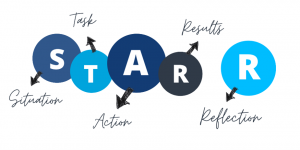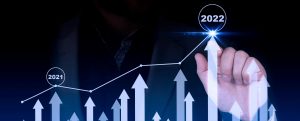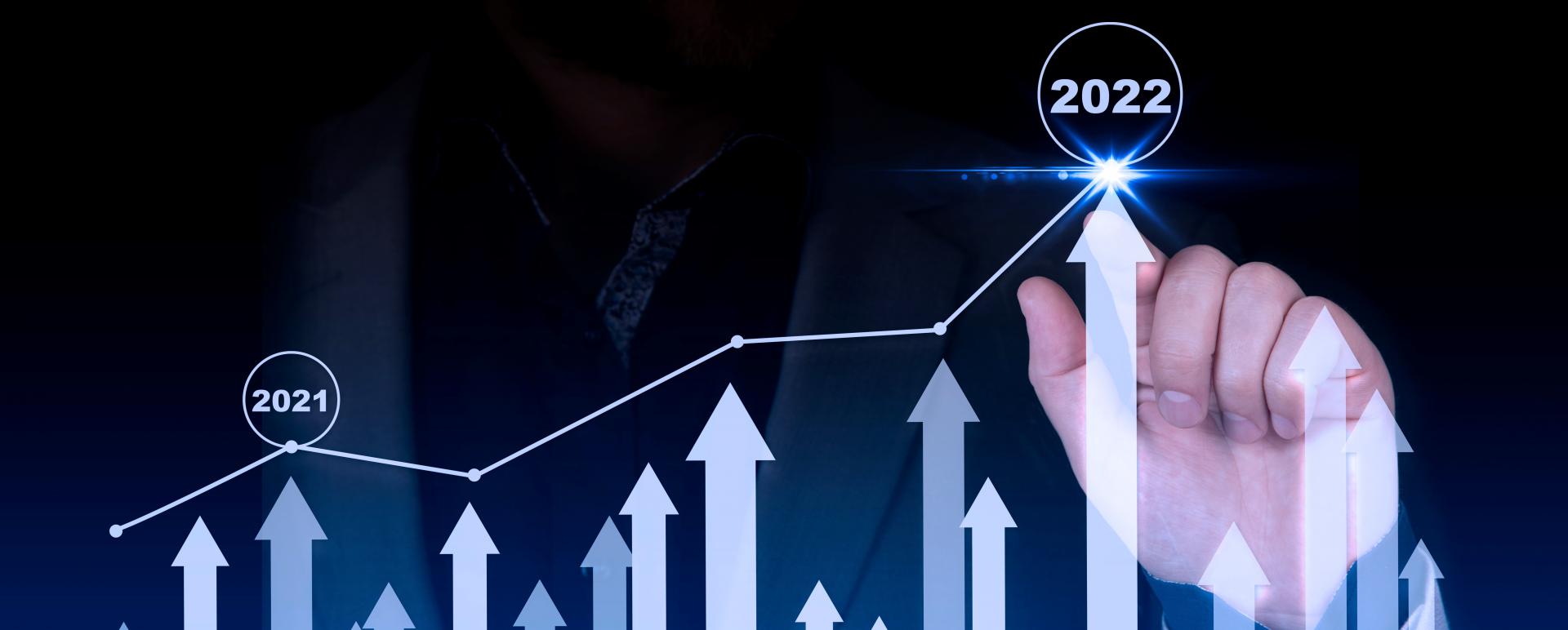
Twinkle, twinkle little STARR…
Twinkle, twinkle little STARR…
14 January 2022 - Adult Learning
…how to wonder where you are
A Christmas lullaby in January? Could we already be wishing for Christmas 2022 to be there or is our timing a little off? Neither of those…and you might have even caught that we are actually not talking about the stars in the winter sky, but those you keep within yourself.
A fresh new year often starts with making resolutions and giving yourself ambitious goals to reach within the months to come. How about hitting the pause button, pressing rewind and spending a bit more time thinking about last year before diving into 2022 head-on? We are talking about taking the time to think about your achievements and reflect on what has made an impression on you this past year. In other words: self-reflection. It surely can bring you peace of mind but also so much more…
The benefits of self-reflection
Taking the time to reflect on your accomplishments of the year will give you a better idea on where you are in your development and thus, it will provide you with a clearer picture of who you are. Knowing more about yourself will help you start the new year with a fresh perspective on your motivations and further path of development. Self-reflection is a wilful act aiming at mapping your skills, listing your motivation anchors, weighing your values and identifying areas of improvement as well as potential elements of personal growth. Do not wait for professional or personal dissatisfaction to do so. Get a head start and analyse what you have done, what you can and cannot do (yet), in order to define what you will do in the future!
How to become a STARR
Knowing well that it is one thing to decide to do something and a completely different thing to actually do it, let us fill you in on a secret that will give you an easy access to practicing self-reflection. It all starts with 5 simple letters: S T A R R

The STARR method is a questioning technique often used in recruitment and more generally to assess someone’s skills. It is an easy but excellent way to list competences and talents in a structured and objective way. You may have heard of it or even experienced it during an interview. But did you know you could use it on yourself?
How does it work?
You want to explore your professional or personal achievements (personal or professional successes such as a project, an initiative, a promotion, a challenge, etc.) in order to list your technical skills and personal competences following 5 simple steps:
- Describe a situation within its context
- Highlight your task(s) and responsibilities
- List all the actions you took (using strong action verbs)
- Finally, weigh the results and what that achievement brought you
- And if you want to go beyond merely describing what you have done, you need to turn STAR into STARR adding reflection
The reflection phase, combined with a competence dictionary, is extremely useful to identify your skills. Here are some questions that will help you guide your reflection:
- Why did I choose this achievement and why am I proud of it?
- What did I enjoy most and what obstacles did I encounter?
- Which of my existing skills and qualities have helped me get there? What did I learn?
- Do I still need to grow in a specific area?

How about some practice?
Let’s take Oliver, Training Specialist in a Law Firm. He wants to determine his strongest skills, so he decides to analyse his latest professional success:

Situation: My company is willing to increase digitalisation at all levels of the organisation. There are many projects going on, including in the HR/Training department. Since the company hires around 15 new collaborators each month, this department is a strategic target.
Task and Target: My responsibility consisted in managing a project on the digitalisation of the training courses included in our onboarding process. I had little prior management exposure and had barely started a lifelong training in the field of digital pedagogy.
Actions: I was given a budget and a time-constraint of 9 months. Besides these two aspects, I was free to lead the project in the direction I chose. I started by mapping potential service providers and made a thorough selection. I organised the various meetings necessary to plan and start the project. I used project management tools to find some support and reached out to my colleagues who had similar experiences to get their hindsight. I acted as both the project manager and the content expert. As a result, I worked in close collaboration with the provider and involved the necessary parties in the process. Within a few months, we were able to move forward and deliver the first trainings. There were many obstacles such as a delay due to the sanitary situation, conflicting agendas, the change of strategic directions but I persevered and developed a good working collaboration internally and externally. I presented the new digital training path to my senior management.
Results: At the end of the 9 months, I was proud to present a digital training catalogue. It was implemented just a few days before 30 new employees joined us and we were able to have them follow the onboarding training with digital content. I was very pleased with the result obtained despite the many difficulties I encountered.
Reflection: I used my technical skills and capacity to plan, organise, and communicate on all levels. I showed great autonomy and discovered I was able to think quick on my feet. Some people were reluctant to share the required information and I was able to convince them. The one area where I need to strengthen my skills is Project Management. I felt I could use a training in that area.
Highlighted transferable skills: communication, organisation, planning, collaboration, persuasion, autonomy, stress resistance, etc.
Training need: project management certification
As you can see in the example with Oliver, the STARR method is easy to use and yet its outcome is quite telling. We bet you can do it, too. So, have you made up your New Year’s resolutions, yet? Why not start the year with a new sort of good resolution and self-reflect on 2021? You will surely find a way to upskill or reskill.
Who knows… lifelong education might be the key to your new 2022 self?
Share this article on :

